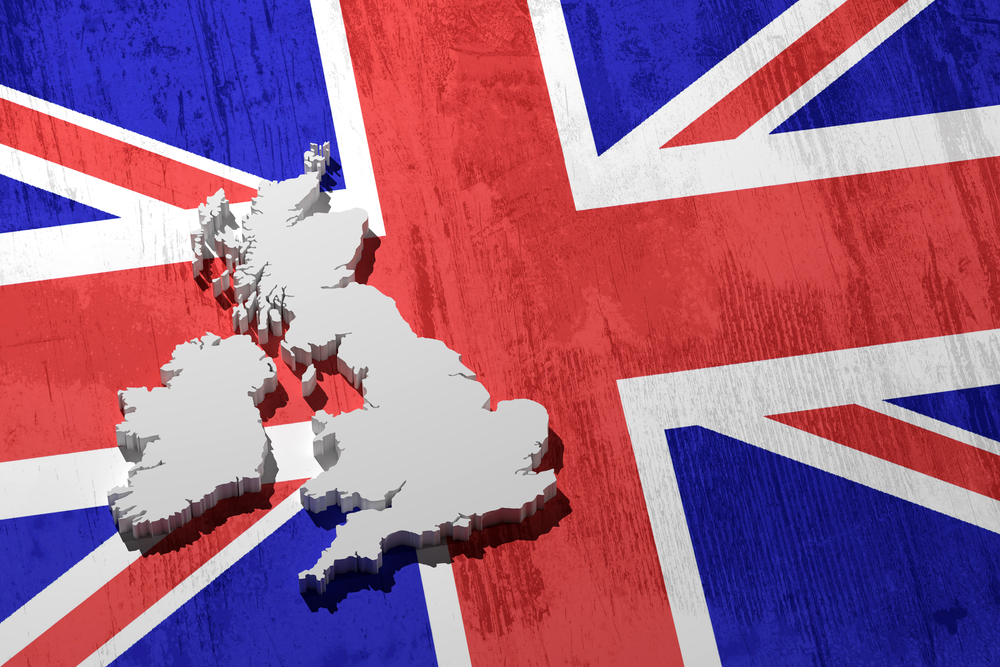

The UK economy grew by 0.2% in the three months to June, but some economists say that higher living costs and mortgage payments mean this “will feel like a recession” to many households.

Gross domestic product was driven by a 0.1% expansion in the dominant services sector, which saw growth in the information and communication sector as well as pubs and restaurants, data from the Office for National Statistics shows.
Anecdotal evidence suggests warm weather in June boosted trade for hospitality and live events firms.
In June, the economy lifted by a stronger-than-expected 0.5%, after a fall of 0.1% in May and growth of 0.2% in April. Economists had expected gross domestic product to lift by just 0.2% in June.
The ONS says the three-month period saw “strong growth in household consumption and government consumption, which was partially offset by a fall in international trade flows in the second quarter”.
But the Resolution Foundation says since the start of last year the UK economy has expanded by just 0.7% – the weakest growth in 65 years outside of a full-blown recession.
Resolution Foundation research director James Smith adds: “With the economy continuing to stall, we are far from out of the cost-of-living crisis woods yet.
“Such weak growth will feel like a recession to many as families struggle with the ever-rising cost of essentials and higher mortgage repayments.”
The average two-year fixed-rate mortgage rate today fell 3 basis points to 6.80% today, according to Moneyfacts. While the average five-year fixed-rate home loan rate today fell 5bps to 6.28%.
But many homeowners signed the market’s core two- and five-year deals at sub-2% mortgage rates a couple of years ago – and now face much higher monthly payments.
Around 800,000 fixed-rate deals are due to end in the second half of this year, according to banking trade body UK Finance, with around 1.6 million deals due to end in 2024.
Fidelity International says that overall “the UK economic glass is either half-full or half-empty”.
Fidelity International associate director for personal investing Ed Monk says: “For the optimists, Britain has avoided recession while wage growth and the labour market have been resilient.
“For the pessimists, growth is still weak with UK gross domestic product below its level from before the pandemic and lagging other major economies.”
However, Chancellor Jeremy Hunt says: “The actions we’re taking to fight inflation are starting to take effect, which means we’re laying the strong foundations needed to grow the economy.
“The Bank of England is now forecasting that we will avoid recession, and if we stick to our plan to help people into work and boost business investment, the International Monetary Fund has said over the longer-term we will grow faster than Germany, France and Italy.”
Prime Minister Rishi Sunak added in a social media post: “This is good news. At the beginning of the year, I made growing the economy one of my top priorities, and we are making progress.
“There’s still more work to do, but today’s figures show the plan is working.”